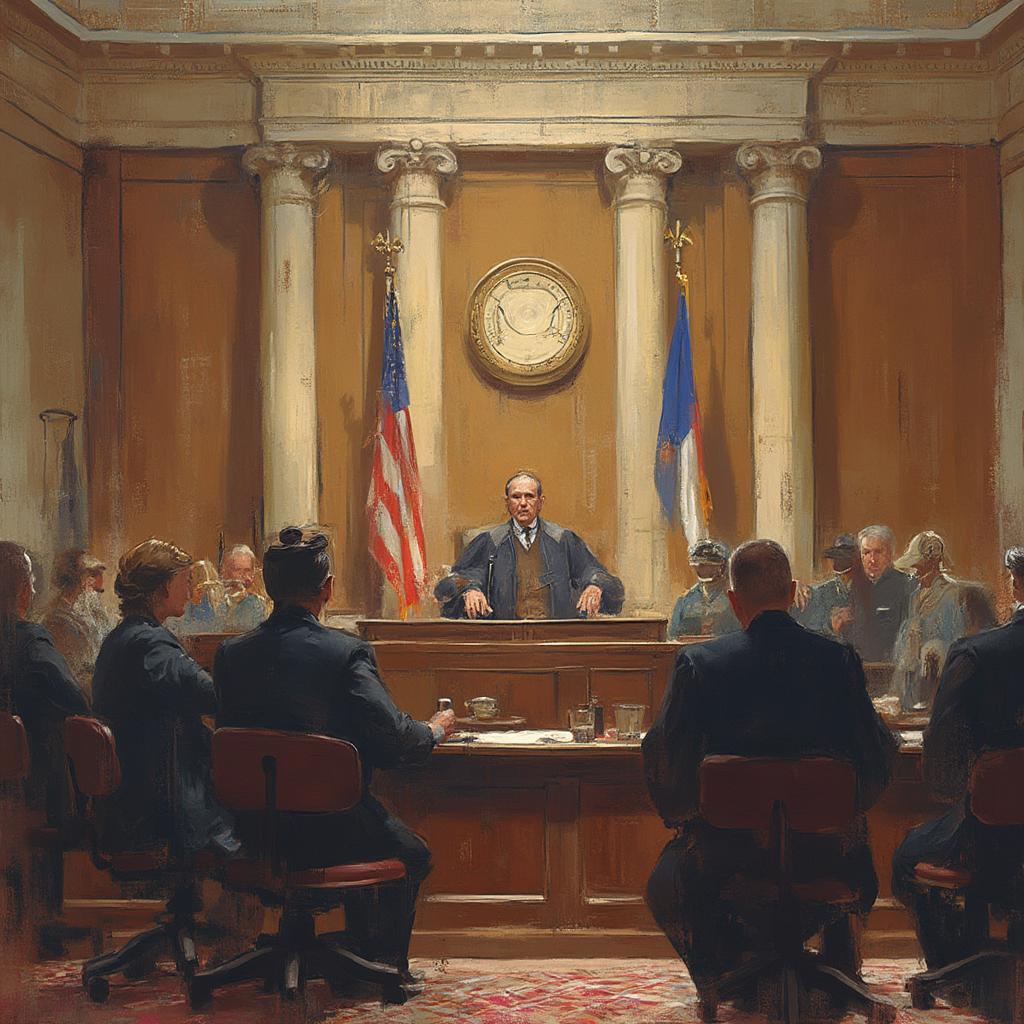
Do Probate Attorneys Work on Contingency?
Probate, the legal process of administering a deceased person’s estate, can be complex and costly. Many individuals wonder if probate attorneys work on contingency, much like personal injury lawyers. Understanding how probate attorneys are compensated is crucial to managing the estate effectively.
Do probate attorneys typically work on contingency? The short answer is no. Most probate attorneys do not work on contingency. Instead, they generally charge an hourly rate or a flat fee for their services. This article will explore the reasons why contingency fees are rare in probate cases and discuss the common fee structures you can expect. It will also delve into potential alternatives and crucial considerations when hiring a probate attorney.
Understanding Contingency Fees
A contingency fee arrangement means the attorney only receives payment if they win the case. This fee is usually a percentage of the recovered amount. This arrangement is common in personal injury cases where the outcome is uncertain, and the client may not have the resources to pay upfront. However, probate cases are different. They are less about “winning” and more about administering the estate according to the will or intestacy laws.
Why Contingency Fees Are Rare in Probate
The nature of probate cases makes contingency fees unsuitable. Unlike personal injury cases with a clear “win” or “loss” outcome, probate involves administering an estate, which is often already established. There’s usually no opposing party to “win” against. The goal is proper distribution, not obtaining a monetary award. Furthermore, state bar associations often regulate or prohibit contingency fees in probate matters to prevent conflicts of interest and protect beneficiaries.
 Probate Court Hearing
Probate Court Hearing
Common Fee Structures for Probate Attorneys
Most probate attorneys charge either an hourly rate or a flat fee. Hourly rates can vary depending on the attorney’s experience and location. A flat fee is typically used for simpler estates with straightforward administration. The attorney will assess the complexity of the estate and provide an estimated cost upfront. Some attorneys may also charge a retainer, an upfront payment credited against the total fee.
Hourly Rates
Hourly rates allow attorneys to bill for the actual time spent working on the case. This method is often preferred for complex estates requiring significant time and resources. Be sure to inquire about the attorney’s hourly rate and request regular updates on the accumulated hours.
Flat Fees
Flat fees provide a predictable cost for probate administration, particularly beneficial for simpler estates. This structure offers transparency and helps clients budget effectively. Clarify the scope of services included in the flat fee to avoid unexpected charges.
Alternatives to Contingency Fees
If you’re concerned about the cost of probate, consider exploring alternatives. For small estates, simplified probate procedures may be available, reducing the need for extensive legal assistance. You can also consult with a probate attorney for limited scope representation, where the attorney assists with specific tasks rather than the entire probate process.
Choosing the Right Probate Attorney
When selecting a probate attorney, consider their experience, specialization, and communication style. Don’t hesitate to ask about their fee structure and request a written agreement outlining the scope of services and costs. A clear understanding of the attorney’s fees will help you make informed decisions and manage the estate effectively.
 Reviewing Probate Documents
Reviewing Probate Documents
Conclusion
While probate attorneys rarely work on contingency, understanding the different fee structures and exploring alternatives can help you navigate the probate process efficiently and cost-effectively. Choosing the right probate attorney with transparent fee arrangements ensures a smooth and less stressful experience during a challenging time.
FAQ
- What is the average cost of probate? Probate costs vary widely depending on the estate’s complexity and the attorney’s fees.
- Can I handle probate myself? Yes, but it can be complex, especially for larger estates. Seeking legal advice is recommended.
- What are the alternatives to formal probate? Simplified probate procedures or trusts can sometimes avoid formal probate.
- How do I find a reputable probate attorney? Referrals from trusted sources, online directories, and bar associations are helpful resources.
- What questions should I ask a probate attorney? Ask about their experience, fees, and approach to probate administration.
- What is a testator? The testator is the person who makes the will.
- What is an executor? The executor is the person appointed to administer the will.





